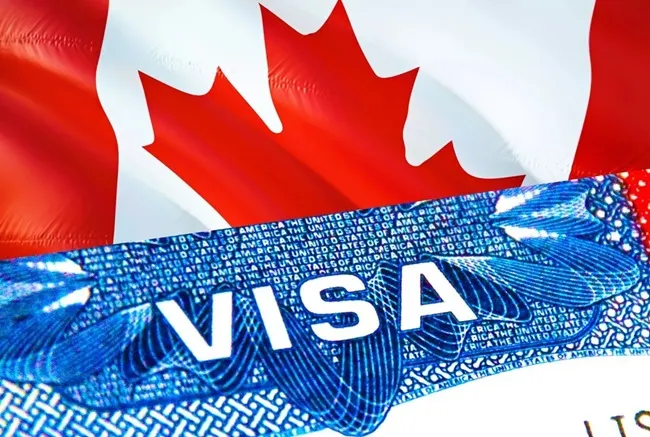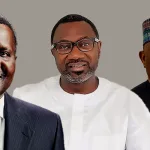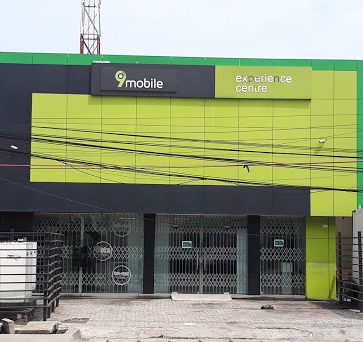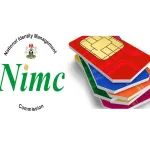The minister says with the deployment of appropriate technology in data collection, there won’t be a need for a national census.
Not less than 90 per cent of Nigerian adults have been captured in the National Identity Management Commission (NIMC) database said Minister of Communication, Innovation and Digital Economy, Dr Bosun Tijani.
Join our WhatsApp ChannelDr Tijani, who underscored the need for accurate data in the planning and execution of government programmes affecting the citizens, disclosed that the federal government is working on creating what he called “Data Public Infrastructure” that would synchronise data in the custody of various government agencies such as NIMC, the Independent National Electoral Commission (INEC), Immigration, and National Population Commission among others.
The minister, who appeared on Channels Television Sunrise Daily on Monday, highlighted efforts being made by the federal government to digitalise ministries, departments and agencies and also enable many young people to acquire digital skills for the country to achieve the target of becoming a net exporter of tech in a couple of years to come.
He said the agencies with data have been operating in silos, hence the need for proper interconnectivity to enhance efficiency in data management.
“You cannot transform public services if you’re not using technology, because it has to be enabled, it has to be efficient and one of the few ways to do that is through the use of technology,” Tijani stated.
READ ALSO: Bosun Tijani Sets Sights On Tech Partnerships At UNGA 78
“The agenda we’ve set for ourselves is to ensure that we maximize the use of technology, but what we’ve seen is that it has been in silos… because they are in silos, they don’t give advantage to us.”
The minister said they are building the data public infrastructure to integrate what has been created by the previous administration.
“The last minister did a fantastic job. It was a painful exercise, but it was done. 90 per cent of our adults are now registered.
He maintained that with the deployment of appropriate technology in data collection, there won’t be a need for a national census, adding that developed countries don’t do census all the time.
READ ALSO: AfCFTA: NCDMB Advocates Skills Database, Free Movement Of Goods, Services
“Developed countries don’t do census all the time, once you can identify everybody. What we are doing at the moment is bringing everything that is in silos together and creating what we call data public infrastructure which is based on the Nigerian Stat, and the Nigerian Stat means that every government agency will be able to exchange data. For instance, the Ministry of Education can pull data easily without needing to go to the National Population Commission dataset. The Ministry of Health can pull data from the Ministry of Education without needing to go talk to anyone. The statistics office can pull data from every ministry without speaking to anyone.”
Federal government set to digitalise 774 LGA secretariats for internet access
The minister also hinted at efforts being made to digitalise all the 774 local government secretariats in the country to improve connectivity in underserved and unserved areas.
“Today, we’ve just announced a program where we’re connecting all the local government secretariats in Nigeria. We are starting the pilot because a lot of these secretariats don’t have connectivity. So, if we digitize government services, they are the closest to the people; if they don’t have access to the internet, we will struggle. So, all these things are happening but when we can pull them together, when we can analyze them carefully, we can begin to see how they will impact on our economy.”
The minister said the plan is to accomplish this by forming strategic alliances and rolling out fiber optic cable across the country. The project’s co-anchors will be Galaxy Backbone and Nigerian Communications Satellite Limited, overseen by the Federal Ministry of Communications, Innovation, and Digital Economy.
The government hopes that improved connectivity will provide local governments with reliable and affordable Internet access and the resources required to deliver efficient public services, promote transparency, stimulate economic growth, and improve citizen engagement.
It states that implementing the project will drive transformation and unlock opportunities to deliver sustainable development in the country.
Victor Ezeja is a passionate journalist with seven years of experience writing on economy, politics and energy. He holds a Master's degree in Mass Communication.


















Follow Us